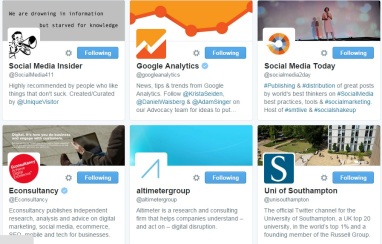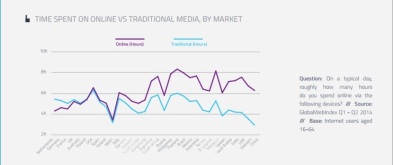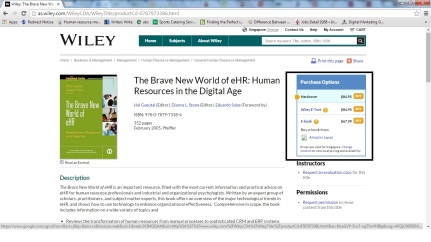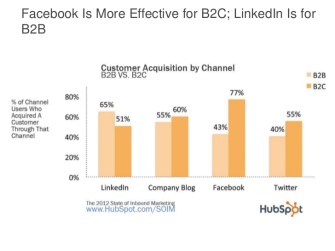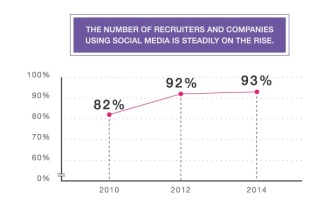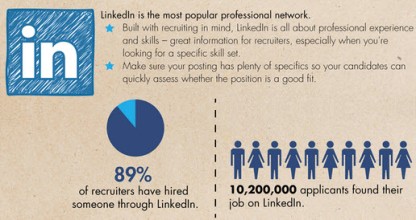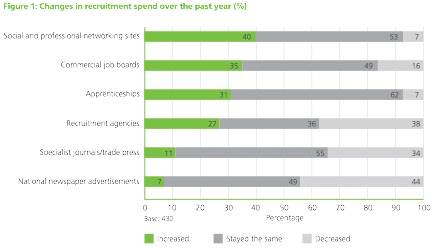Tags
This module provides us with solid foundation on developing our Professional Profile to ‘market’ ourselves to potential employer.
My currently owned professional profile:
- Twitter: https://twitter.com/y_mingzs
- LinkedIn: https://www.linkedin.com/pub/lim-yi-ming/a9/785/52
- Facebook: https://www.facebook.com/yiming100
See the improvement in my Digital Literacy after this module.
| Rating at start of module | Rating at end of Module | |
| Accessing, managing and evaluating online information | 3 | 4 |
| Participating in online communities | 2 | 3 |
| Building online networks around an area of interest | 2 | 4 |
| Collaborating with others | 2 | 3 |
| Creating online materials (text, audio, images, video) | 3 | 4 |
| Managing your online identity | 3 | 4 |
| Managing your online privacy and security | 4 | 5 |
To participate more in online communities to help enhanced reputation, I will start topic threads with discussion, create write-up blogs and published in open-access. I will create multiple online identities to distinguish myself between personal and professional life since I am now aware of how many employers are viewing your profile. This is in contrast to what I previously thought of after reading Novina’s examples of how people got fired because of inappropriate posts. As such, I will be very careful in revealing information by setting profile to private and enhancing computer security. Getting members to join via social medias to create word of mouth and encouraged their participation. My works will be shared in various social media platforms to gain popularity since I know how companies are now hiring through online recruitment and looking at your profile. I will broaden my online networks by following twitter accounts and blogs I am interested in and participate in their discussions.
Below are some accounts I have follow on social media marketing:
With that, I can grab potential employers attention on my impressive stuffs. LinkedIn is one of the platform I will utilize to display information about myself (qualification, experience). Of course this has to be authentic and Professional. I will picked on the job category which I most interested on and try to build relationship with them by joining in their group and interact with them. I will introduce them my write-up blogs, online discussions to gain their interest on me. A discussion with tor helps me realize how important it is to be UNIQUE and for this, I will use what Charmaine have introduced in making a STANDOUT LinkedIn headline. My next aim is to learn video/image editing skill-set so I can build a professional blog and create videos to ‘market’ myself as mentioned by yanyi.
My priority starts with creating separate identities. Then, to grab people’s attention, I will start interact with them by following their page and participate in their discussions. Moving on, I will create blogs and start my write-ups on my area of expertise and building online community. I will need more time in learning photo/image editing skills and I will only be able to update my LinkedIn profile upon graduation as a true Bachelor in Marketing.
| Objective | Measurement
|
Priority |
| Creating separate account (Personal vs Professional) | A new Professional Twitter account
A LinkedIn Account |
1 (Fast and Easy) |
| Participate in online discussions, following their page | Participate in at least 3 online discussions/forums over a six month period | 2 |
| Create blog to do write-ups | Minimum 1 Blog per month | 3 |
| Learning Image/Video Editing Skills | Able to use tools like Photoshop and Windows movie maker | 4 (*Probably need more time to learn) |
| Update LinkedIn Account | A UNIQUE LinkedIn Headline and updated profile | 5 (* upon graduation) |
I realized learning is not just confined to classroom boundaries, we can all learn and work from the comfort of our home thanks to technology such as Google Hangout, Hotmail. Moving forward, I am now more confident of looking out for reliable information online and make full use of open-access articles such as ScienceDirect which will come in handy especially with dissertation. Also, I am mindful of the contents I post online as they can have a detrimental effect on one’s reputation.

